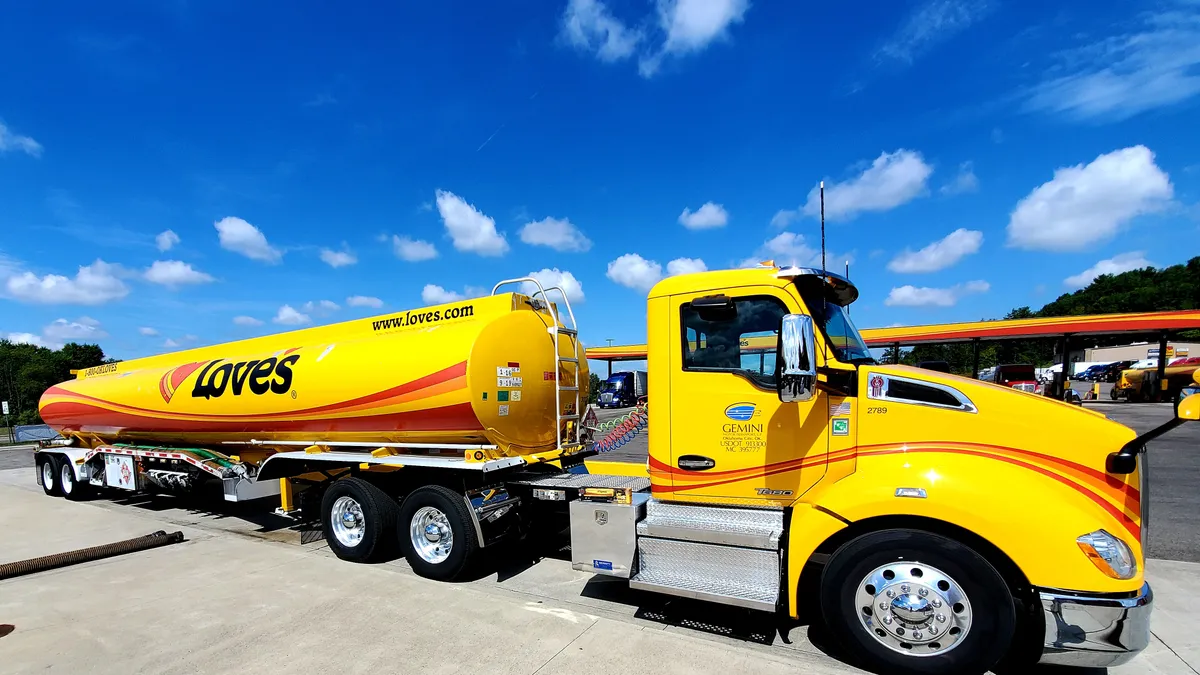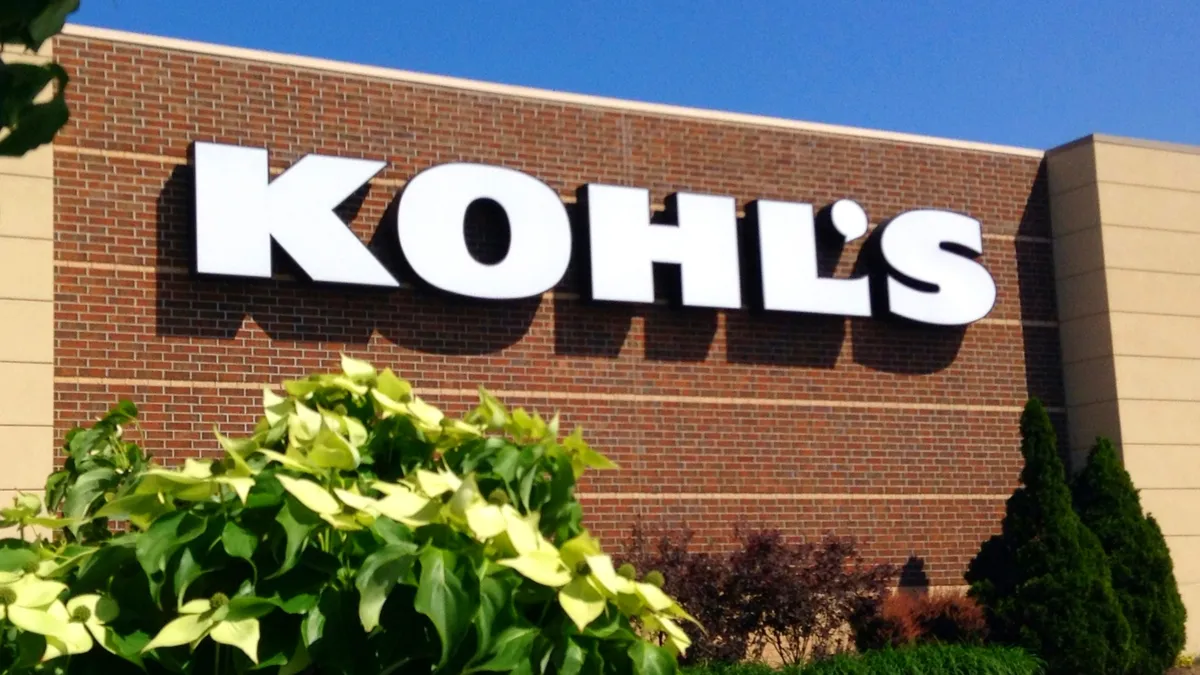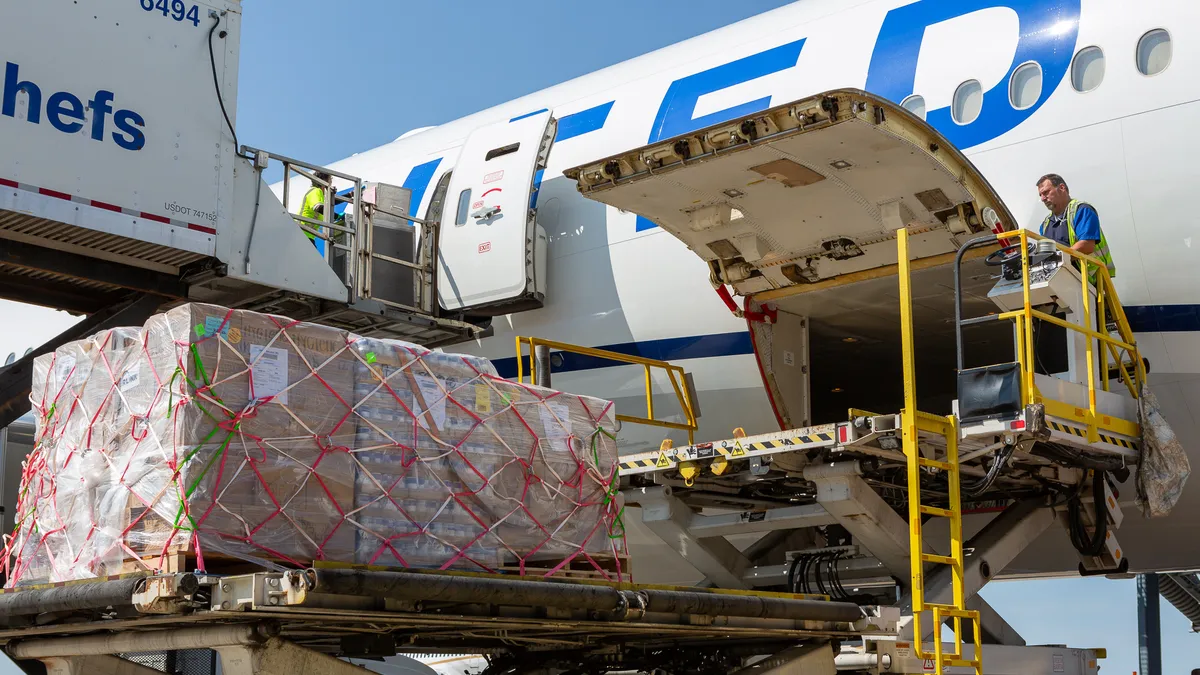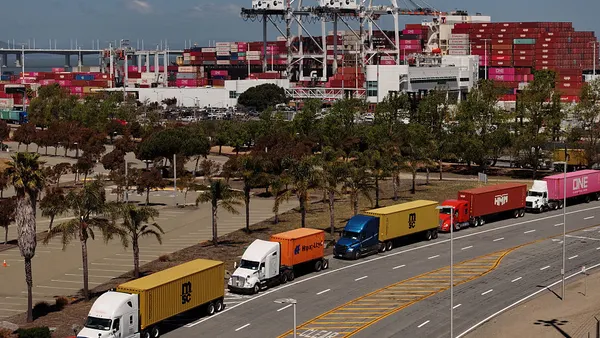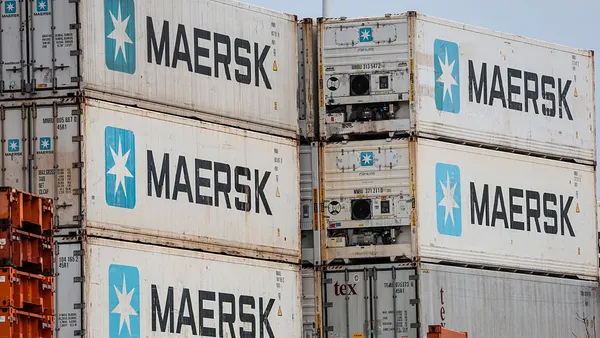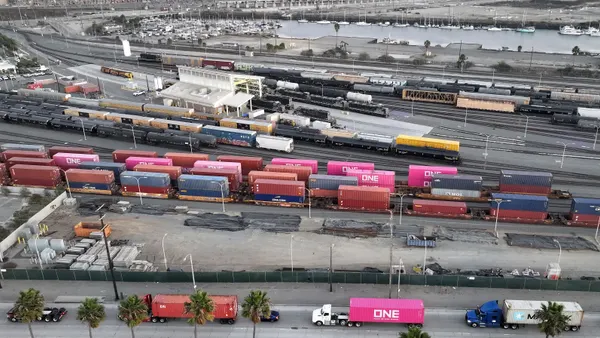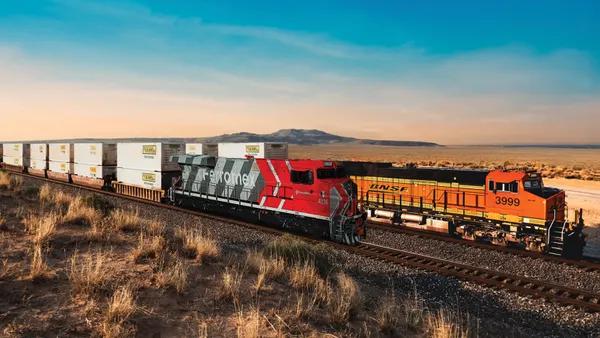Love’s Travel Stops & Country Stores’ strategic growth plan, announced in February, includes opening 25 travel centers and 15 Love’s Truck Care and Speedco locations around the country this year.
Ensuring those new locations, as well as the 600 existing sites, get the fuel and other supplies they need falls to Jeremy Gravely and Love’s private fleet division, Gemini Motor Transport.
Gravely, Gemini’s director of operations, shared more about the carrier and its plans to add drivers and trucks this year in an interview with Transport Dive.
Editor’s note: This interview has been edited for clarity and brevity.
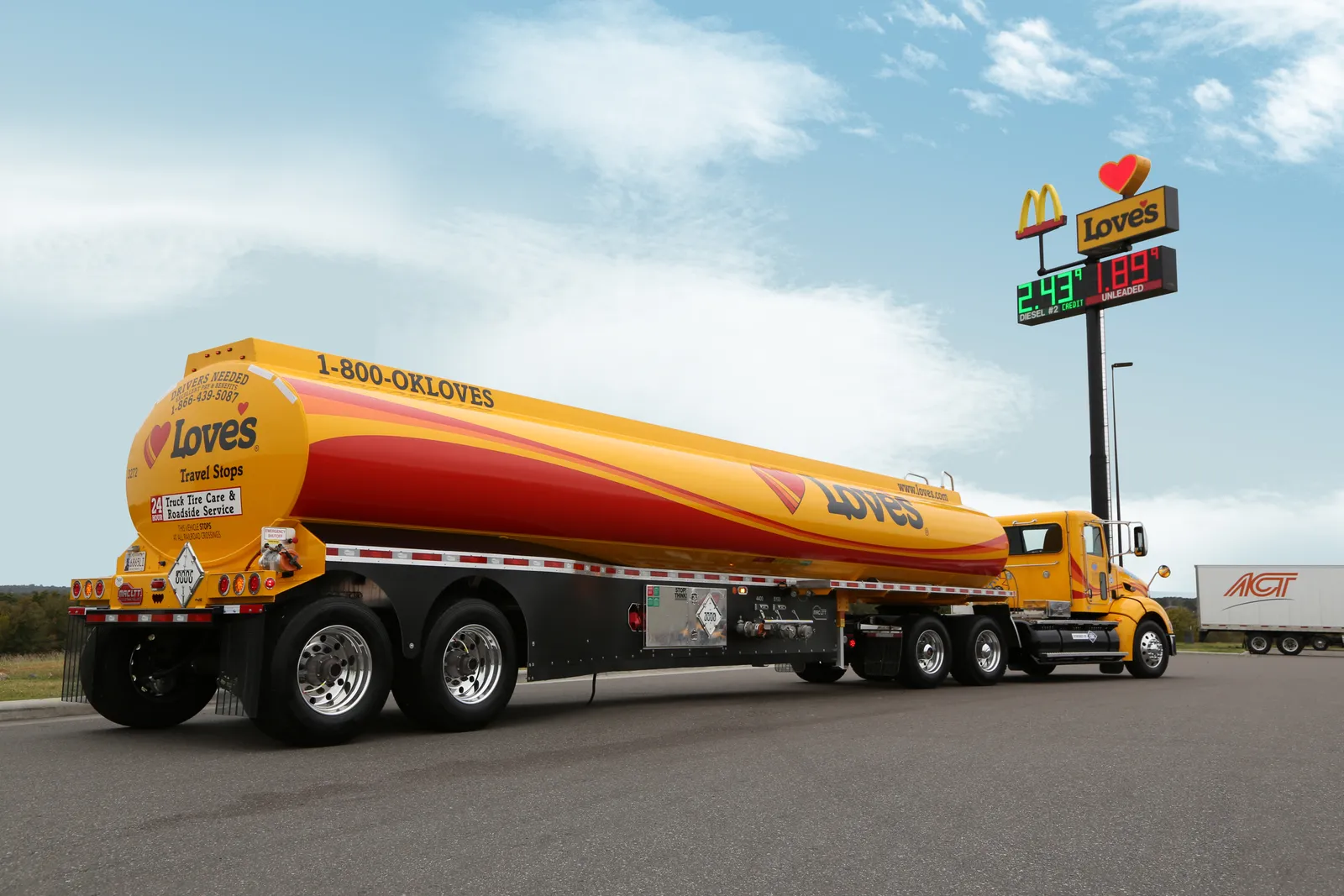
Does your private fleet primarily service Love's locations, or do you also provide transport services for other fuel retailers?
JEREMY GRAVELY: Our primary business is servicing Love’s Travel Stops in 42 states with all commodities. We also operate a network of DEF terminals that supplies our own locations along with third-party customers. Gemini has an outside customer base in select markets, mostly in the ethanol business, hauling terminal to terminal.
Do you see growth opportunities for your transport services, and will you be adding more trucks?
GRAVELY: We have grown consistently year over year along with the Love’s Travel Stops network. Gemini typically hires 300-plus drivers per year, and in 2023, the company plans to add 325 new trucks to replace 250 older mileage units. In a typical year, Gemini adds between 50 and 75 new trucks.
Recruiting and retaining drivers is an industry-wide problem for trucking. Has Gemini done anything creative with driver recruitment or retention?
GRAVELY: We have been fortunate at Gemini to maintain an industry-low turnover rate among drivers. Gemini’s commitment to safety shows in a bonus program unique in the trucking industry that pays tenured, safe drivers at the five-, 10- and 15-year marks and beyond. For those looking to enter the industry for the first time, the company has programs in place for driving-school candidates.
Does Gemini use clean or alternative fuels such as CNG or biodiesel?
GRAVELY: The company currently operates a small fleet of CNG units and has a fleet dedicated to biodiesel transportation. Gemini works closely with Trillium, Love’s alternative fueling company, and Musket, Love’s commodity, and logistics company, to deliver alternative energies to its locations across the country.
Securing new equipment is another industry-wide problem. Have you been able to maintain an equipment replacement schedule as OEMs cope with supply chain issues?
GRAVELY: We know the industry has experienced challenges on this front over the past few years, and Love’s isn’t an exception. Ideally, we replace our trucks on a three-year cycle. Not being able to do that has pushed our trucks into some higher-mileage categories than we typically operate, and that has increased our maintenance costs. Trucks are beginning to arrive now, and hopefully we will continue to see our supply chain issues reduced.



